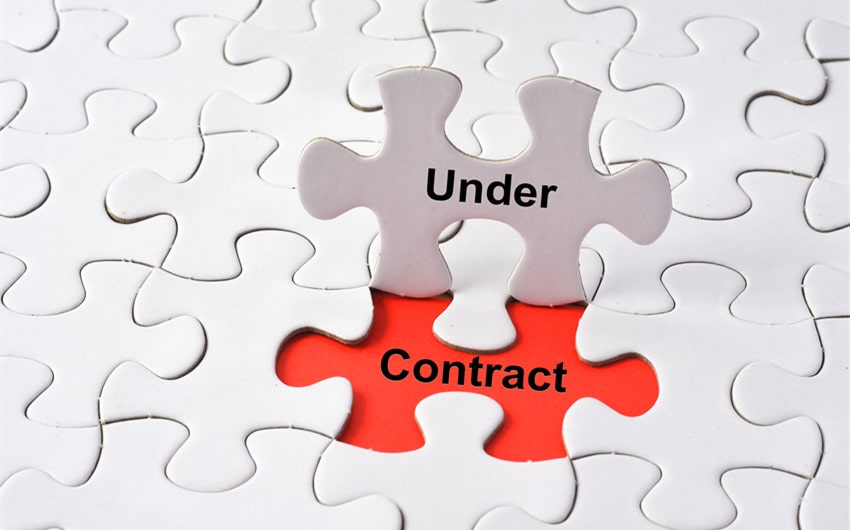What Does Under Contract Mean in Real Estate and Business Deals?
If you have ever bought a house or been part of a business agreement, you may have come across the phrase and wondered, what does under contract mean? In simple terms, it refers to the stage when two parties have agreed to the terms of a deal and signed a contract, but the transaction is not yet complete. It signals progress toward closing but does not guarantee that the deal will go through. Understanding this phrase is especially important in real estate, where homes often go “under contract” before they officially change ownership.
What Does “Under Contract” Mean?
The phrase “under contract” is a legal and business expression that describes an agreement in progress. When something is under contract, both parties have agreed to the main terms of a deal and have signed a binding agreement. However, the transaction is not final until all conditions in that agreement are met.
Think of it as a promise: the buyer promises to buy, the seller promises to sell, and both agree to fulfill certain obligations. Until the deal officially closes, the item or property is considered unavailable to other buyers because the seller is bound by the signed agreement. However, there is always the possibility that the contract could fall through if one of the parties fails to meet their obligations.
The main purpose of contracts is to protect both sides. A contract outlines the terms, conditions, and responsibilities of each party, which prevents misunderstandings and provides a legal pathway for resolution if disputes arise. When you hear that something is “under contract,” it essentially means the negotiation phase is complete and the deal is now in a legally binding stage, moving toward completion.
“Under Contract” in Real Estate
The most common place people encounter the term “under contract” is in real estate. When a property is listed for sale and a buyer makes an offer that the seller accepts, the property goes under contract. At this point, both parties sign a purchase agreement that outlines the sale price, timeline, and specific conditions that must be met before closing.
During this stage, the property is typically taken off the market, which means other buyers can no longer make offers. The seller is legally obligated to honor the agreement with the buyer. However, it does not mean the sale is final. The deal is still subject to several steps that must be completed before closing. These steps usually include home inspections, appraisals, title searches, and final mortgage approval.
For buyers, a property being under contract means they are the only ones who can purchase it, provided they follow through with the agreement. For sellers, it represents a commitment to sell, but also a waiting period where they must ensure the buyer fulfills their part of the deal. Until closing day, when the property is legally transferred, the phrase “under contract” is a reminder that the sale is still in progress.
It is also worth noting that in real estate, not every property that goes under contract actually closes. Deals sometimes fall apart if financing fails, if the inspection reveals serious problems, or if other conditions are not met. This is why properties sometimes reappear on the market even after being listed as “under contract.”
Other Situations Where “Under Contract” Applies
While real estate is the most common setting, the phrase “under contract” applies in many other areas of life and business.
Business acquisitions: When one company agrees to purchase another, they often enter an under contract stage. This means that both companies have agreed to the main terms, but the acquisition is not complete until regulators approve it, financial reviews are finished, and all legal steps are cleared.
Employment agreements: If a new employee and an employer agree on job terms and sign an employment contract, that employee is under contract. They are legally bound to perform their duties, and the employer is bound to provide compensation and benefits as promised. While this does not involve a “closing” like in real estate, it still marks the formalization of an agreement.
Service contracts: Many service providers, such as contractors, consultants, or event planners, work under contract. For example, if you hire a contractor to remodel your kitchen and you both sign a written agreement detailing the cost, timeline, and responsibilities, the work is under contract. The contractor is bound to complete the project as specified, and you are bound to provide payment as agreed.
In all of these cases, “under contract” signifies that the negotiation is over and the agreement is active, but the relationship or transaction is still unfolding. The phrase consistently reflects a stage of commitment that has not yet reached completion.

